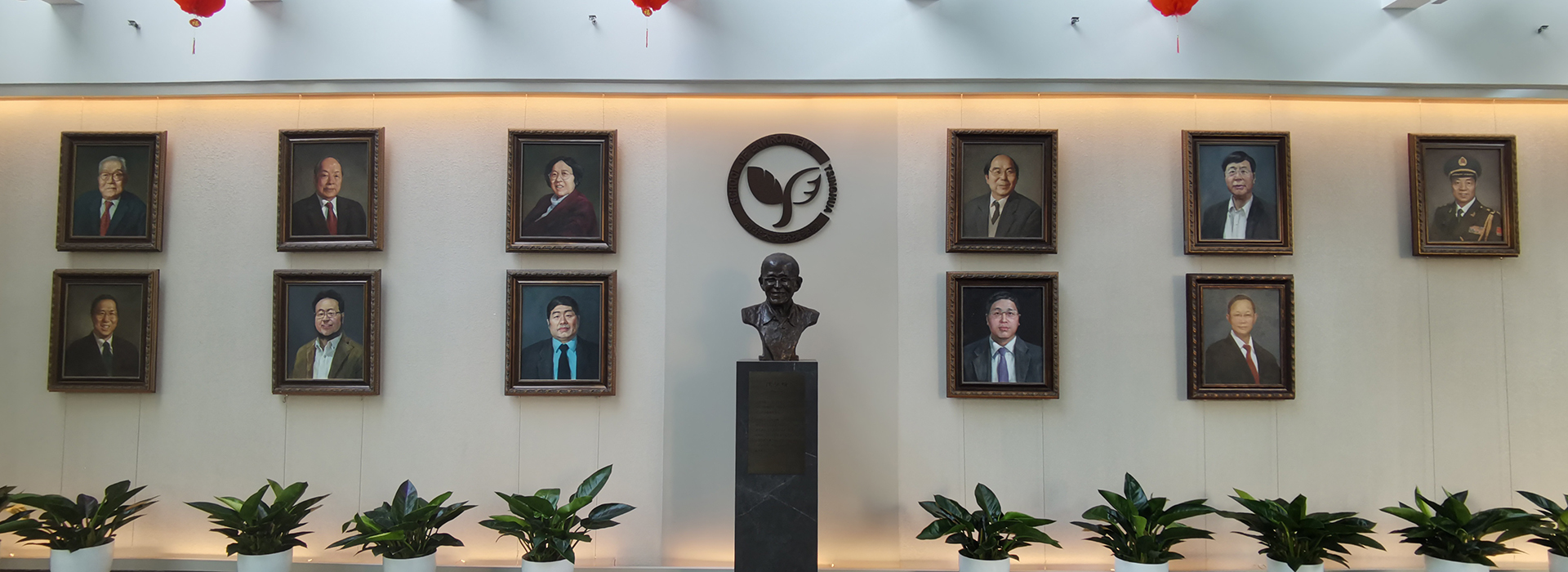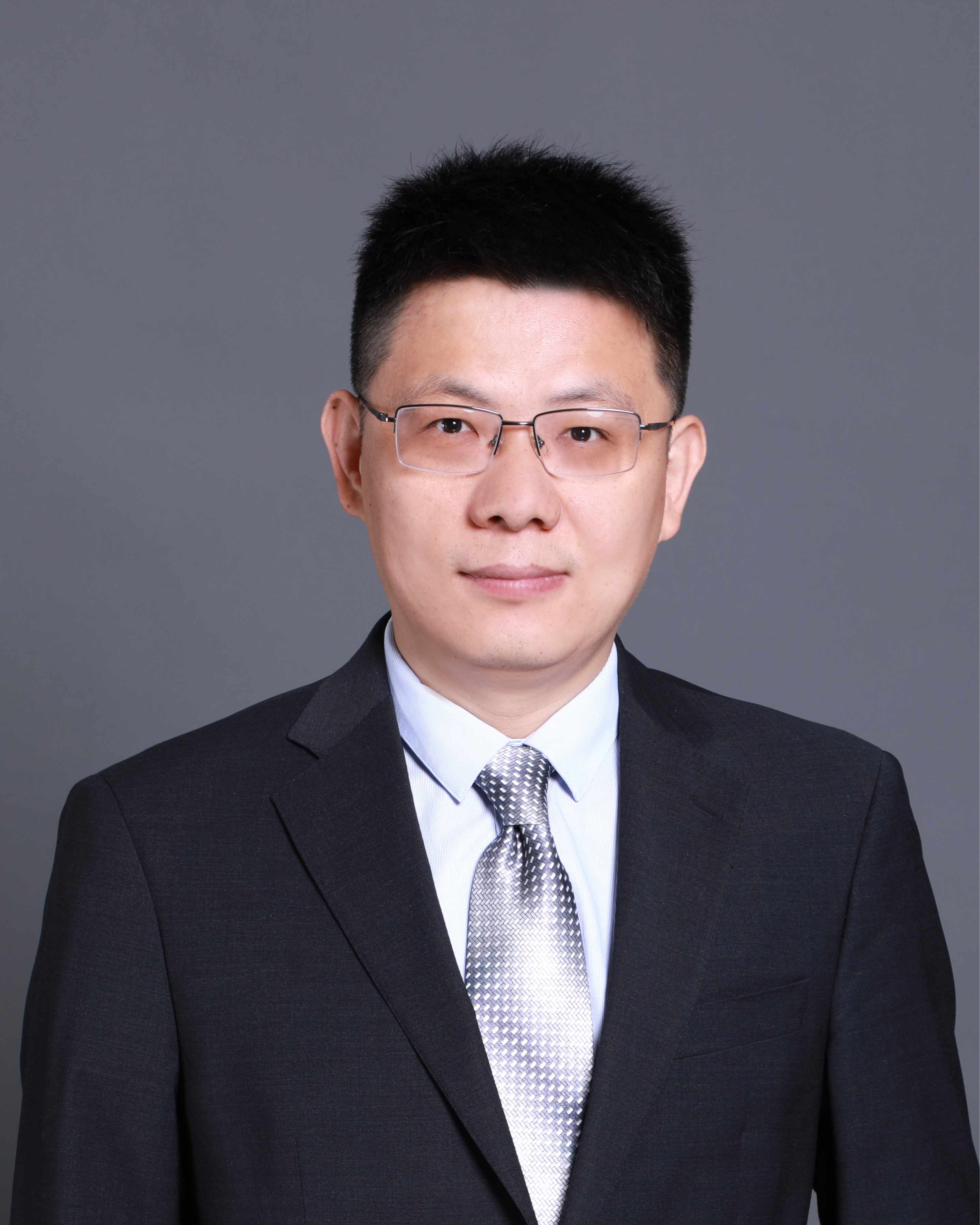国家标准:
《企业突发环境事件风险评估指南(试行)》环办[2014]34号(主要编制人之一)
《企业突发环境事件风险分级方法》(HJ 941-2018)(主要编制人之一)
代表性专著:
1. 彭剑峰等著;城市黑臭水体综合整治技术与管理研究,科学出版社,2016年
2. 宋永会、彭剑峰等著;环境风险源识别与监控,科学出版社,2015年
授权专利:
1. 一种城市径流面源污染深度处理及回用工艺(ZL201610002051.7),2016年(排名第1)
2. 一种高风险城市河流水质安全保障及景观化构建技术(ZL201610002038.1),2016年(排名第1)
3. 一种城市黑臭河湖水体水质高效净化技术(201610002040.9),2016年(排名第1)
4. 一种大气污染风险源识别方法(ZL201010160627.5),2014年(排名第1)
5. 一种用于高浓度有机废水处理的高效抗酸化厌氧折流板反应器(ZL201110046712.3),2013年(排名第1)
6. 一种用于污染河流水质净化的傍河联合塘工艺和系统(ZL201010565640.9),2013年(排名第1)
7. 一种突发水环境污染事故涉嫌风险源的溯源方法(ZL201210037819.6),2012年(排名第1)
8. 用于高浓度污水处理的循环流廊道湿地工艺及运行技术(ZL200910147993.4),2012年(排名第1)
9. 一种潮汐流与水平潜流组合湿地处理污水的方法和系统(ZL201010565595.7),2012年(排名第1)
10. 一种畜禽养殖废水营养物污染控制与资源化回收工艺(ZL200910147992.X),2011年(排名第2)
11. 一种城市重污染河流清淤底泥改性制造陶粒的方法(ZL201010565627.3),2013年(排名第3)
12. 于城市河湖水质净化的景观式模块化多层组合生物浮岛(ZL201010565636.2),2012年(排名第3)
代表性论文:
1. Xu Y, Peng JF, et al. 2019. Spatial distribution of flow currents and habitats in artificial buffer zones for ecosystem-based coastal engineering. Global Ecology and Conservation. (Accepted)
2. Xu Y, Peng JF, Qu JH, et al. 2019. Assessing food web health with network topology and stability analysis in aquatic ecosystem. Ecological Indicators. (Accepted)
3. Wang YJ, Peng JF, et al. 2019. Isotopic and chemical evidence for nitrate sources and transformation processes in a plateau lake basin in Southwest China. Science of the Total Environment. (Accepted)
4. Yu HW, Qi WX, Liu CH, Yang L, Wang LG, Lv T, Peng JF. Different Stages of Aquatic Vegetation Succession Driven by Environmental Disturbance in the Last 38 Years. Water, 2019, 11(7), 1412.
5. Peng JF, Ren ZY, Song YH, et al. Impact of spring flooding on DOM characterization in a small watershed of the Hun River, China. Environmental Earth Sciences, 2015, 73(9):5131-5140.
6. Peng JF, Song YH , Yuan P, et al. Re-activation and succession of functional microbial communities during long-term storing sludge granulation. Environmental Earth Sciences, 2015, 73(9):5037-5046.
7. Peng JF, Song YH, Wang YL, et al. Spatial succession and metabolic properties of functional microbial communities in an anaerobic baffled reactor. International Biodeterioration & Biodegradation, 2013, 80:60-65.
8. Peng JF, Song Y, Yuan P, et al.An novel identification method of the environmental risk sources for surfacewater pollution accidents in chemical industrial parks. Journal of Environmental Sciences, 2013(07):183-191.
9. Peng JF, Song YH , Liu ZH, et al. Performance of a novel Circular-Flow Corridor wetland toward the treatment of simulated high-strength swine wastewater. Ecological Engineering, 2012, 49:1-9.
10. Peng JF, Song YH, Yuan P, et al. The remediation of heavy metals contaminated sediment. Journal of Hazardous Materials, 2009, 161(2-3):633-640.
11. Peng JF, Wang BZ, Song YH, et al. Adsorption and release of phosphorus in the surface sediment of a wastewater stabilization pond. Ecological Engineering, 2007, 31(2):92-97.
12. Peng JF, Wang BZ, Song YH, et al. Modeling N transformation and removal in a duckweed pond: Model application. Ecological Modelling, 2007, 206(3-4):294-300.
13. Peng JF, Wang BZ, Song YH , et al. Modeling N transformation and removal in a duckweed pond: Model development and calibration. Ecological Modelling, 2007, 206(1-2):147-152.


 邮箱:pengjf@tsinghua.edu.cn
邮箱:pengjf@tsinghua.edu.cn 电话:010-62790105
电话:010-62790105 地点:12BET水质与水生态研究中心
地点:12BET水质与水生态研究中心